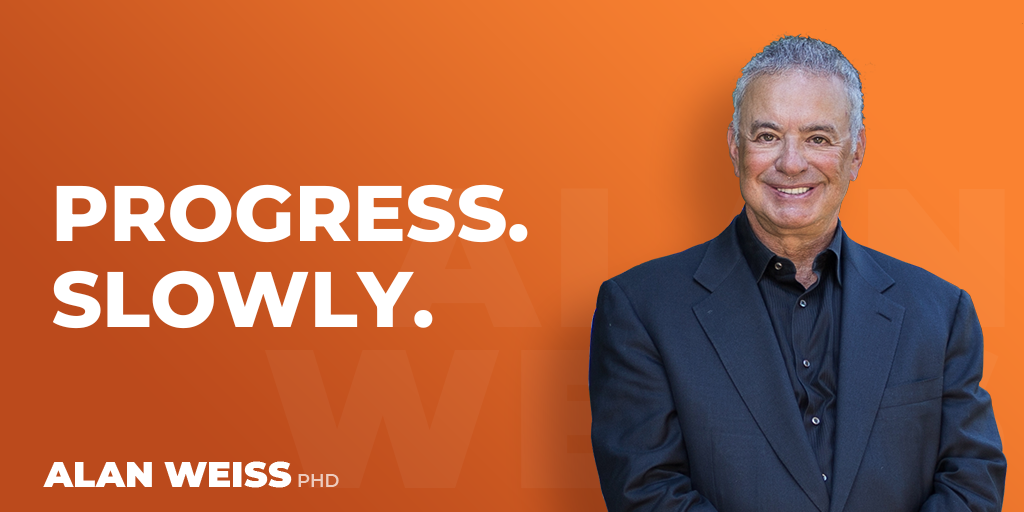
Progress. Slowly.
For those of you hiding under the covers in fear of AI taking over the world and ChatGPT impersonating you and improving upon you, consider this:
The Times reported this morning that coast-to-coast travel in the US actually takes longer than it did on a 707 in the 50s. The skies are more congested, delays are more common, air traffic control has its own problems, and airports and security are more crowded than ever. It takes longer to travel from Washington, DC to New York than it did decades ago, because the old Metroliners on Amtrak were nonstop. The current Acelas make stops. I know that it takes far longer to travel by train from Manhattan to upstate New York than it did in the late 1800s. It takes far more time to drive almost anywhere and, when you get there and if you're waiting for an event, it takes longer to get in, and to get home after it.
“Progress” isn't always what we think it to be. From what I've seen of ChatGPT (I know people whose newsletters are run through it completely) it's not a huge improvement—it's a giant homogenization. Automated checkouts frustrate customers and require employees to help them through it. While there's more variety on television today, there's also quite an investment in finding out what's where and how to access it.
Thus, “progress” isn't always about saving time or creating more comfort. That's because a hell of a lot of people want to take advantage of it.


